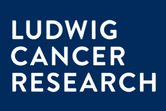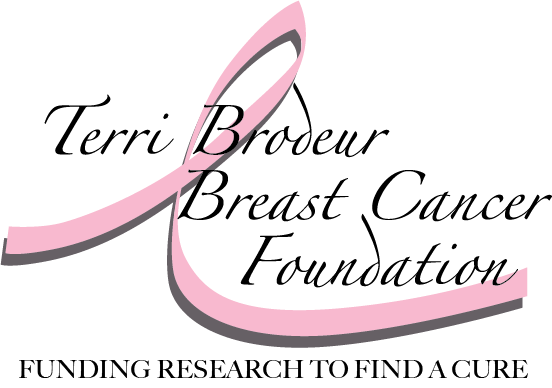The major goals of the Guerriero lab are to perform in-depth analysis of animal models and patient samples to efficiently guide rational use and development of immunotherapy modalities for the treatment of breast cancer.
The Guerriero Lab works closely with the Breast Oncology Program at Dana-Farber Cancer Institute to perform translational research aimed at elucidating the immune regulation of breast cancer. Additionally, the Guerriero Lab is highly integrated into the Laboratory of Systems Pharmacology at Harvard Medical School where they work closely with LSP and BTIL members to utilize cyclic immunofluorescence (CyCIF) to interrogate the tumor microenvironment of murine and human breast tumors.
We are incredibly grateful for our funding that makes this work possible.
The major goals of this project are to: 1) test the hypothesis that BRCA-deficient TNBC and ER+ human breast cancer have an increase in T cells and macrophages compared to BRCA-proficient disease using primary human and mouse tumors; 2) test the hypothesis that chemokine expression is related to breast cancer cell BRCA status; and 3) test the hypothesis that pharmacologically targeting macrophages will synergize with PARP inhibition and T cell activation to provide robust and durable tumor reduction in BRCA-deficient breast cancer.

Human TNBCs attract TAMs and CD8 T cells. Cyclic Immunofluorescence was performed on BRCA-associated TNBC and multiplex single cell analysis was performed (Mehta et al. In Press).
View other Brca-associated and wild type tumors.
This project will test the hypothesis that TAMs are tumor-protecting, immune-suppressive cells that limit poly (ADP-ribose) polymerase (PARP) inhibitor therapy, chemotherapy and/or immuno-therapy in TNBC. Our translational hypothesis is that we can pharmacologically alter TAMs to reverse their tumor-protecting role to overcome chemo- and immuno-therapy resistance in TNBC.
The goals of this project are to employ sophisticated multiplex imaging of human ER+ primary and metastatic breast tumors to identify TAM subsets that correlate to poor clinical outcome. In this analysis we will also identify TAM targets with known drugs (that are clinically available) to test in combination with chemotherapy in mouse models of human ER+ primary and metastatic breast cancer.

The phenotype and function of tumor macrophages are currently unclear in hormone receptor positive breast cancer. Macrophages, shown by immunohistochemistry will be phenotyped and correlated to clinical outcome.
PI: Dr. Peter Sorger
Project Leader: Dr. Guerriero
The major goals of this project are to establish a Center for Cancer Systems Pharmacology (CSP Center) that constructs and applies network-level computational models to understand mechanisms of drug response, resistance and toxicity for targeted small molecule drugs and immune checkpoint inhibitors (ICIs). By systematically dissecting how resistance to targeted therapies and ICIs arises, we aim to understand and overcome resistance mechanisms using new drugs or drug combinations, while simultaneously predicting and balancing potential toxicities.






